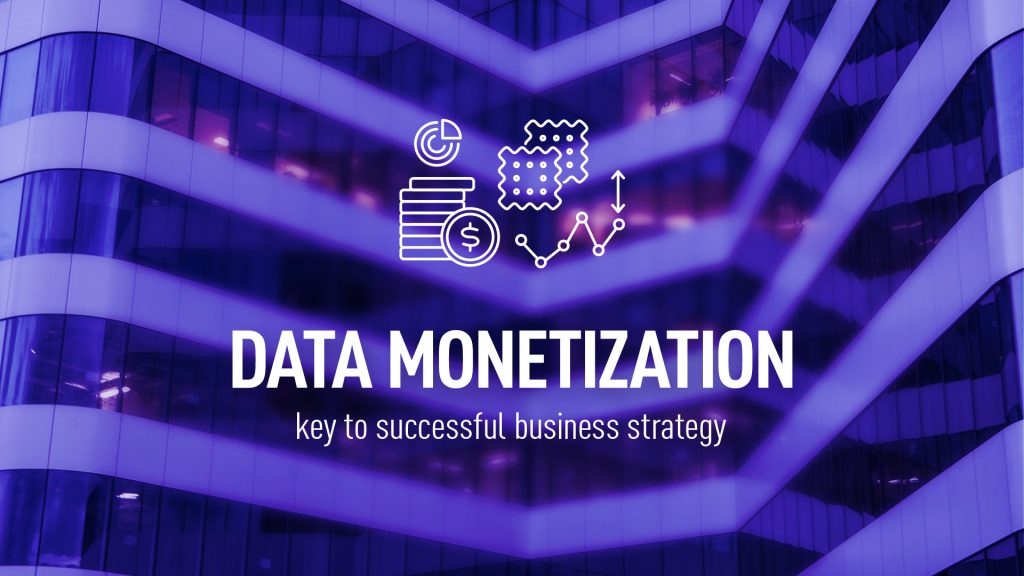Data Monetization
Data Monetization
What is Data Monetization?
Definition:
Data monetization refers to the process of generating revenue or deriving value from data assets owned or accessed by an individual, organization, or entity. It involves leveraging data resources to create new revenue streams, enhance existing products or services, optimize operations, or gain insights for decision-making.
Analogy:
Think of data monetization as extracting valuable minerals from a mine. Just as mining yields precious metals or gems, data monetization involves extracting valuable insights or opportunities from data resources.
Further Description:
Data monetization encompasses various strategies and techniques:
- Direct Monetization: Involves selling raw or processed data directly to other parties, such as businesses, researchers, or marketers.
- Indirect Monetization: Involves using data to improve internal processes, enhance products or services, or optimize operations, leading to cost savings or revenue generation indirectly.
- Data-Driven Products or Services: Involves creating new products or services based on data insights, such as personalized recommendations, predictive analytics, or targeted advertising.
- Data Sharing and Collaboration: Involves partnering with other organizations to exchange or share data for mutual benefit, such as in data marketplaces or consortiums.
Key Components of Data Monetization:
- Data Assets: The raw or processed data that serves as the foundation for monetization efforts. This can include structured data (e.g., databases), unstructured data (e.g., text, images), or semi-structured data (e.g., logs, sensor data).
- Data Infrastructure: The technological infrastructure required to collect, store, process, and analyze data efficiently and securely. This may include databases, data warehouses, analytics tools, and cloud computing platforms.
- Data Governance: Policies, procedures, and frameworks governing the collection, storage, use, and sharing of data to ensure compliance, security, and ethical considerations.
- Data Monetization Strategy: A well-defined plan outlining how data assets will be leveraged to generate value or revenue, including pricing models, target markets, and distribution channels.
Why is Data Monetization Important?
- Revenue Generation: Data monetization offers new revenue streams for businesses, helping to diversify income sources and improve financial performance.
- Competitive Advantage: Organizations that effectively monetize data gain a competitive edge by leveraging insights to optimize operations, improve products or services, and better understand customer needs.
- Innovation and Growth: Data monetization fosters innovation by encouraging organizations to explore new business models, products, or services driven by data insights.
- Data Economy Participation: In an increasingly data-driven economy, participation in data monetization ecosystems enables organizations to capitalize on the value of data assets and participate in emerging markets and industries.
Examples and Usage:
- Netflix: Utilizes user data to personalize recommendations, increasing user engagement and retention.
- Google: Monetizes search and user data through targeted advertising, offering businesses the opportunity to reach relevant audiences.
- Weather Companies: License weather data to agricultural, transportation, and insurance industries for risk assessment and decision-making.
Key Takeaways:
- Data monetization involves deriving value or revenue from data assets through various strategies, including direct sales, indirect benefits, data-driven products, and collaborations.
- Key components include data assets, infrastructure, governance, and a well-defined monetization strategy.
- Data monetization offers opportunities for revenue generation, competitive advantage, innovation, and participation in the data economy.
- Examples include personalized recommendations by Netflix, targeted advertising by Google, and data licensing by weather companies.
Table of Contents





